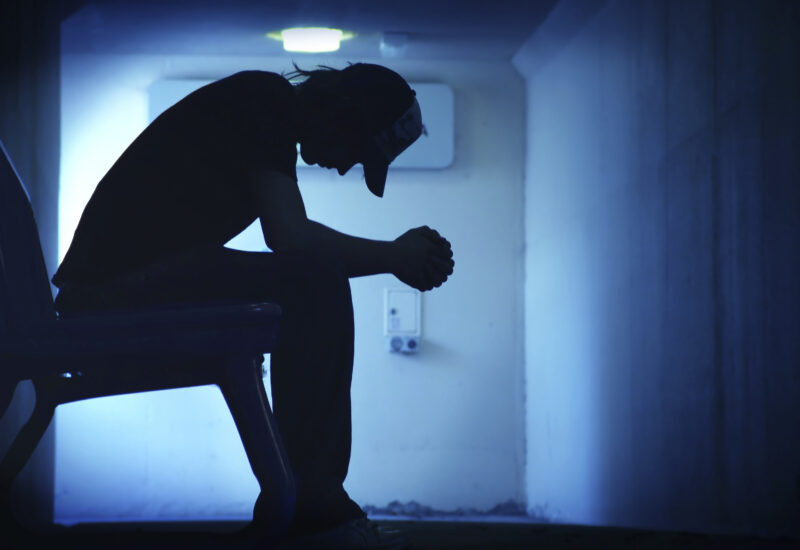
In many states it is legal to rescue an animal from a hot car if you observe them suffering. On the other hand, if you try to rescue a farm animal, you could potentially face criminal liability and potentially be charged with theft and/or trespass, or potentially even a felony charge. Animal cruelty laws exist in all 50 states in different forms and generally protect pets but not farm animals.
At the federal level, farms certified as “USDA Organic” are expected to treat animals humanely, but only a tiny percentage of farms are organic. In other words, farm animals are considered commercial property.
In the last few years, about a dozen states have enacted laws prohibiting various kinds of restrictive cages and crates. But, in general, the law considers farm animals property with protections far weaker than those of pets.
Animal rights activists are trying to correct that disparity by taking action and documenting abusive conditions, rescue animals from abuse, and seeking publicity to draw attention to their actions.
Even though the law goes against their favor it is not stopping the farm-animal rescuers, who have mounted a string of these operations in recent years, often videotaping themselves in the act in an effort to provoke law enforcement into pursuing criminal trials against them.They commit themselves to accepting their punishments in exchange for drawing attention to the animals’ plight.
Farmers are fighting against animal rescuers by pushing for laws that make it illegal to photograph or videotape farm activity without the owners’ consent. These so-called “ag gag” laws are controversial because they raise serious constitutional questionsf about exempting private property from First Amendment review.
Farming operations are a critical part of the nation’s food supply, and courts have often taken a dim view of providing them protective cover. “The ability to investigate and document how our food is made is critical in ensuring a just and transparent food system that holds companies and government institutions accountable,” said David Muraskin, food-project litigation director for Public Justice, a nonprofit law firm.
On Feb. 23, the U.S. Court of Appeals for the Fourth Circuit became the latest court to strike down an ag-gag law as unconstitutional. In a split decision, the three-judge panel ruled that North Carolina’s ag-gag law violates free speech.
Ag-gag measures have been defeated or ruled unconstitutional in some 25 states but still exist in six states. So, the legal landscape does seem to indicate that monitoring animal abuse on farms is permissible in most states. It doesn’t mean that trespassing and theft are permissible, but it does mean we at least have a right to know what is going on with the animals.
If you or a loved one is in a bind as a result of a criminal charge, immediately contact a Seattle Criminal Attorney. A Criminal lawyer is not going to judge you, and understands that everyone makes mistakes. Hiring a Seattle Criminal Lawyer to help can – at a minimum – reduce penalties, and can help direct people on how to best deal with their criminal charge, and many times even get them dismissed. So it should go without saying that someone cited for a misdemeanor or felony should hire a qualified Seattle Criminal Lawyer as soon as possible. Criminal charges can cause havoc on a person’s personal and professional life. Anyone charged with a crime in Washington State should immediately seek the assistance of a seasoned Seattle Criminal Lawyer. SQ Attorneys can be reached at (425) 359-3791 and/or (206) 441-0900.


